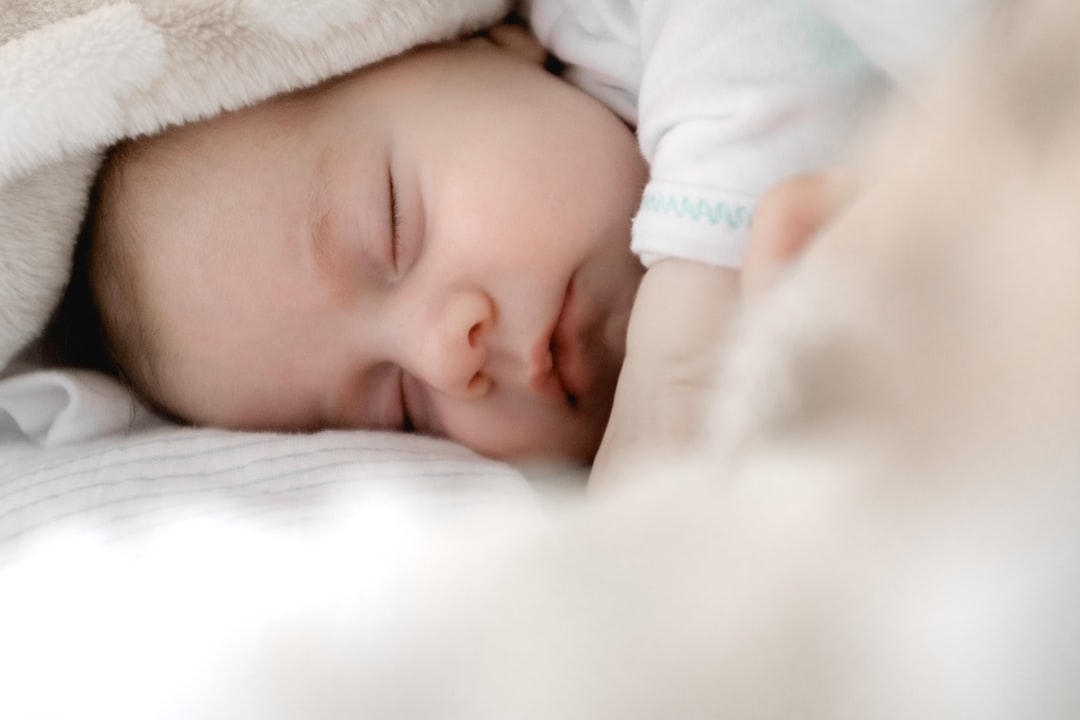Community Karitāne Karitāne – Hapori Whānui
Community karitāne offer support to families with children under the age of five, and provide information on parenting issues such as breastfeeding, infant nutrition, sleeping and child behaviour.
Community karitāne may do some or all of the following:
- give advice to parents and caregivers on child health such as sleeping, feeding, behaviour, nutrition and immunisation
- run group courses on parenting and family health
- support the wider Plunket team, including Plunket nurses and case managers
- visit schools, kōhanga reo and community groups to advise on child health
- look out for signs of child abuse and domestic violence
- help clients access community services and support.
Useful Experience
Useful experience for community karitāne includes:
- working in a health or community social service
- parenting
- work as a nanny
- work as an early childhood teacher.
Personal Qualities
Community karitāne need to be:
- patient, observant and understanding
- able to make good judgements
- able to relate to young children, parents, caregivers and whānau
- good at communicating with people from a range of cultures
- motivated and able to work independently
- good at problem solving.
Skills
Community karitāne need to have knowledge of:
- child growth and development
- programmes relating to child and family health and welfare, including Well Child/Tamariki Ora
- Māori language and culture, and customs of local iwi, hapū and whānau if working specifically with Māori
- Pacific culture and understanding of at least one Pacific language and Pacific models of health if working with Pacific clients.
Conditions
Community karitāne:
- usually work regular business hours, though some work part time
- work in Plunket rooms, clinics and family centres
- travel to visit clients in their home or in the community.
Subject Recommendations
NCEA Level 2 is required to enter tertiary training. Useful subjects include te reo Māori, English, health education, biology, chemistry and physics.
Community Karitānes can earn around $68k-$83K per year.
Pay for community karitāne varies depending on skills and experience.
- New community karitāne usually earn $68,000 a year. ($70,000 a year from 1 April 2024.)
- Experienced community karitāne can earn $71,000 to $81,0000. ($73,000 to $83,000 from 1 April 2024.)
Source: Te Whatu Ora, 'Te Whatu Ora - Health NZ and New Zealand Nurses Organisation, Nursing and Midwifery Collective Agreement 31 March 2023 - 31 October 2024.'
Community karitāne may move into other community health roles. With further training, they may progress to become registered nurses.
Community karitāne may specialise in working with Pacific clients or with Māori and whānau groups as Plunket kaiāwhina.
Years Of Training
1 year of training required.To become a community karitāne you need to have a New Zealand Certificate in Health and Wellbeing (Social and Community Services) (Level 4) [community health work strand while training as a community karitāne.
To complete the certificate you need to work a minimum of three days a week in a related role such as a karitāne, child health worker, Plunket kaiāwhina (Māori community health worker), Pacific or iwi health worker.
A degree or experience in health promotion, mental health or nutrition may also be useful.
Community karitāne can also apply for the nursing Professional Development and Recognition Programme (PDRP) if it's offered by their employer.
The Vulnerable Children Act 2014 means that if you have certain serious convictions, you can’t be employed in a role where you are responsible for, or work alone with, children.

 Westlake Boys High School
Westlake Boys High School